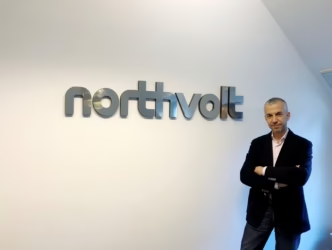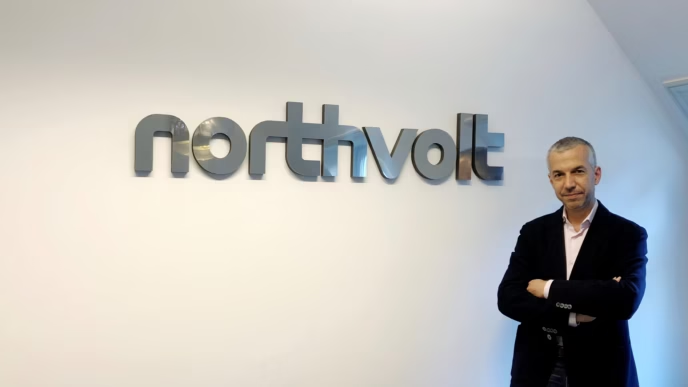Ben Leventhal has spent years building startups that bridge the gap between restaurants and their diners. Now, he’s taking on loyalty and payments with his latest venture, Blackbird Labs, and investors are clearly buying in. The startup just closed a fresh $50 million round to fuel its expansion and introduce a new offering aimed at boosting customer retention across the restaurant industry.
Blackbird’s platform combines loyalty rewards, payments, and blockchain tech in one seamless experience. With more than 1,000 restaurants already on board, the company now plans to roll out Blackbird Club, a shared points system that works across multiple restaurants. The new funding will also support geographic growth beyond its current strongholds in New York, San Francisco, and Charleston.
Charleston might seem like an unusual focus for a tech company, but Leventhal calls it a perfect test market. He believes its thriving food scene makes it an ideal proving ground for new features before scaling them to larger cities.
The funding round was led by Spark Capital, with Coinbase Ventures, Amex Ventures, and Andreessen Horowitz also participating. These backers are familiar with the space — all three invested in Blackbird’s $24 million Series A in 2023. Although the startup isn’t disclosing its valuation this time, PitchBook listed its last known valuation at around $124 million. In total, Blackbird has raised $85 million so far.
Some of the investors aren’t just bringing cash — they’re bringing strategic potential. Amex, for instance, bought Leventhal’s previous company Resy back in 2019. While there’s no official integration between Resy and Blackbird yet, Leventhal hinted that some kind of collaboration down the line is likely.
Blackbird’s payment solution, called Flynet, is built on Base — the Coinbase blockchain. Diners can use the app to pay at the table and earn or redeem loyalty rewards while they’re at it. It’s a modern take on restaurant loyalty that also lets users carry their dining profiles with them across venues.
Still, it’s fair to ask whether blockchain is truly necessary in a loyalty platform. After all, there are other established players in the restaurant tech space, like Punchh, Toast, and Lightspeed, which offer similar loyalty or payment tools without blockchain infrastructure. Leventhal doesn’t deny that. He acknowledges that the Visa network was built on similar principles but without blockchain, yet he believes being on-chain will unlock long-term advantages.
One of those advantages, he argues, is data ownership. In Blackbird’s vision, diners control their own profiles and engagement history — a fundamental shift from how data is typically siloed in traditional platforms. There’s also the idea of equity: in the future, each restaurant that uses Blackbird could become a shareholder in the network. That’s the kind of decentralized structure blockchain is uniquely suited to enable.
Leventhal’s track record in the food world is impressive. Before Blackbird and Resy, he co-founded Eater, the influential restaurant news site now owned by Vox Media. But his appetite for solving problems in the restaurant industry hasn’t faded — if anything, it’s grown.
The restaurant world today is under immense pressure. While social media has turned food culture into viral entertainment, the reality for restaurant owners is much harsher. Leventhal points to data from the National Restaurant Association showing that average profit margins have dropped to under 5%, a steep decline from the early 2000s when they hovered closer to 20%.
At the same time, operating costs are rising, and consumers are increasingly price-sensitive. Tariff hikes and supply chain issues are squeezing restaurants even harder. The challenge, Leventhal explains, is that while diners love the idea of restaurants, the financials rarely reflect that passion. And in that imbalance, he sees opportunity.
From an investor’s perspective, that opportunity is compelling. Andreessen Horowitz partner Arianna Simpson sees potential for blockchain to help restore restaurant profitability by reducing reliance on high-fee platforms. She noted that restaurants using Blackbird are already saving 3–4% in payment processing fees, which can make a major difference in a low-margin business.
Simpson also supports Leventhal’s broader vision: a loyalty network that isn’t owned by a central corporation but by the restaurants and diners themselves. That kind of ownership model, she believes, is only possible through blockchain.
With this latest round, Blackbird has the capital — and the momentum — to take that vision further. In a fragmented industry filled with tight budgets and high competition, the startup is betting that rethinking loyalty from the ground up could be the thing that brings restaurants and customers closer together — and helps both sides thrive.













